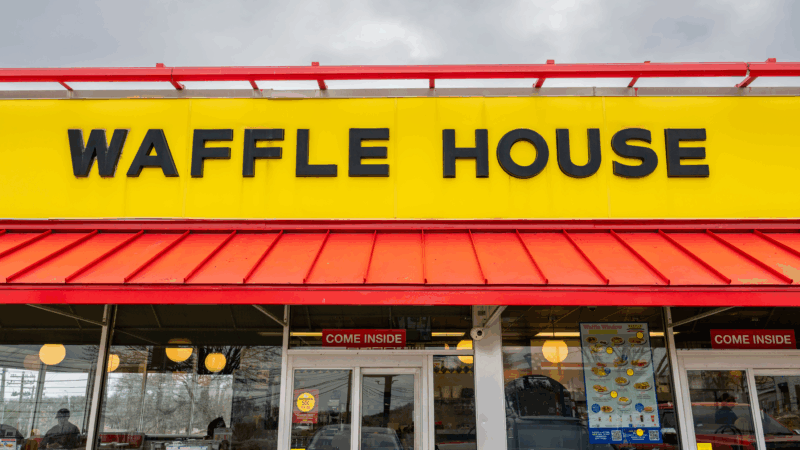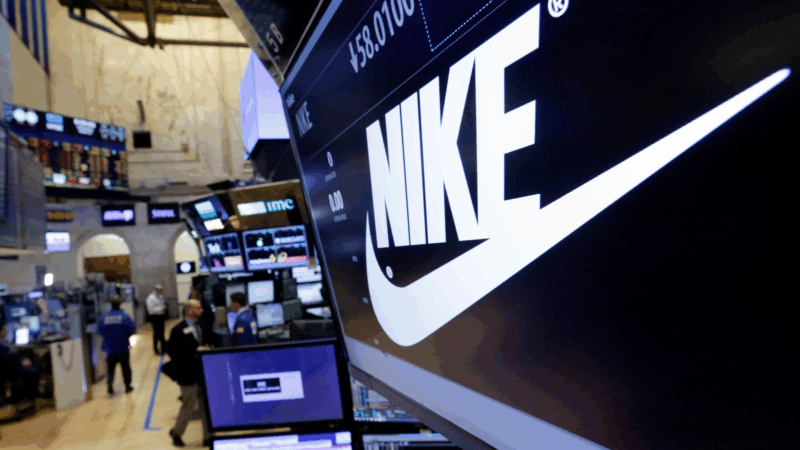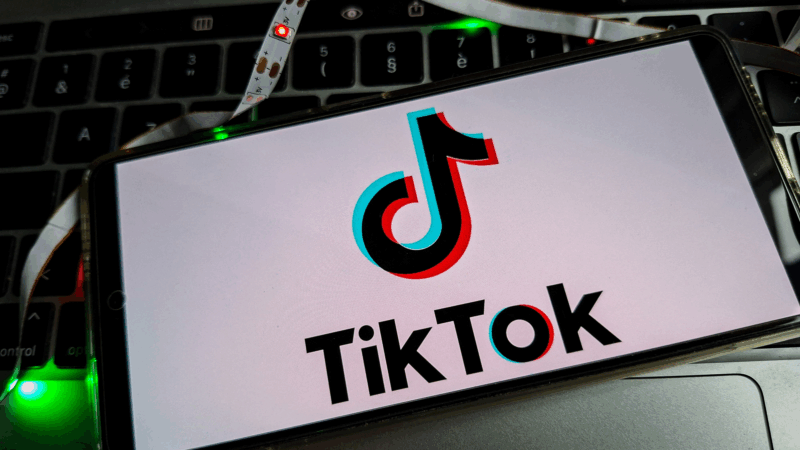Waffle House drops egg surcharge as prices fall back to Earth
In a welcome sign that sky-high egg prices are coming home to roost, Waffle House is dropping its 50 cent per egg surcharge.
“Egg-cellent news,” the chain announced Tuesday in a social media post. “The egg surcharge is officially off the menu. Thanks for understanding.”
Waffle House had added the surcharge in February as an outbreak of avian flu forced the culling of tens of millions of egg-laying chickens, sending prices to record highs. Since then, both wholesale and retail prices have begun to normalize, although retail egg prices in May were still up more than 40% from a year ago.
“Families are seeing relief with egg prices driving food deflation,” Agriculture Secretary Brooke Rollins said in a statement last week. “We must remain diligent, and egg farmers and producers can continue to utilize USDA resources to conduct biosecurity assessments.”
Why the egg price hike resonated so much
The spike in egg prices was a challenge for Waffle House, which serves about 272 million eggs in a typical year. The Georgia-based chain operates more than 2,000 restaurants, and its 24-hour diners are such a fixture in the southeast that FEMA uses an informal “Waffle House Index” to measure hurricane damage.
The temporary egg surcharge was its own sort of misery index as the nation vented its frustration with runaway food prices. Other breakfast chains like Denny’s also added surcharges when eggs were in short supply.

Waffle House quietly dropped its surcharge a month ago, before trumpeting the news on Tuesday.
Overall, food prices are up 2.9% over the twelve months ending in May while restaurant prices are up 3.8%. Food prices have climbed slightly faster over the last year than the overall cost of living.
Nike faces federal probe over allegations of discrimination against white workers
The federal agency for protecting workers' civil rights revealed Wednesday that it is investigating sportswear giant Nike for allegedly discriminating against white employees.
ICE can’t make warrantless arrests in Oregon unless there’s risk of escape, judge rules
U.S. immigration agents in Oregon must stop arresting people without warrants unless there's a likelihood of escape, a federal judge ruled Wednesday.
Trump’s EPA issues record low legal actions against polluters, watchdog group finds
The EPA enforced a record low number of environmental laws and regulations during the first year of President Trump's second term in office.
Researchers say no evidence of TikTok censorship, but they remain wary
Posts have been going viral on social media accusing TikTok's new owners of suppressing content, but eight academics examined the issue and found no evidence to support the claims.
Newly released court records reveal misconduct inquiry into federal judge
A federal judge said he retired to speak out about threats to the rule of law. Newly released court orders suggest his exit coincided with a misconduct inquiry that ended when he stepped down.
Moltbook is the newest social media platform — but it’s just for AI bots
A new message board for artificial intelligence agents has prompted some strange conversations, and existential questions about the inner lives of bots.






